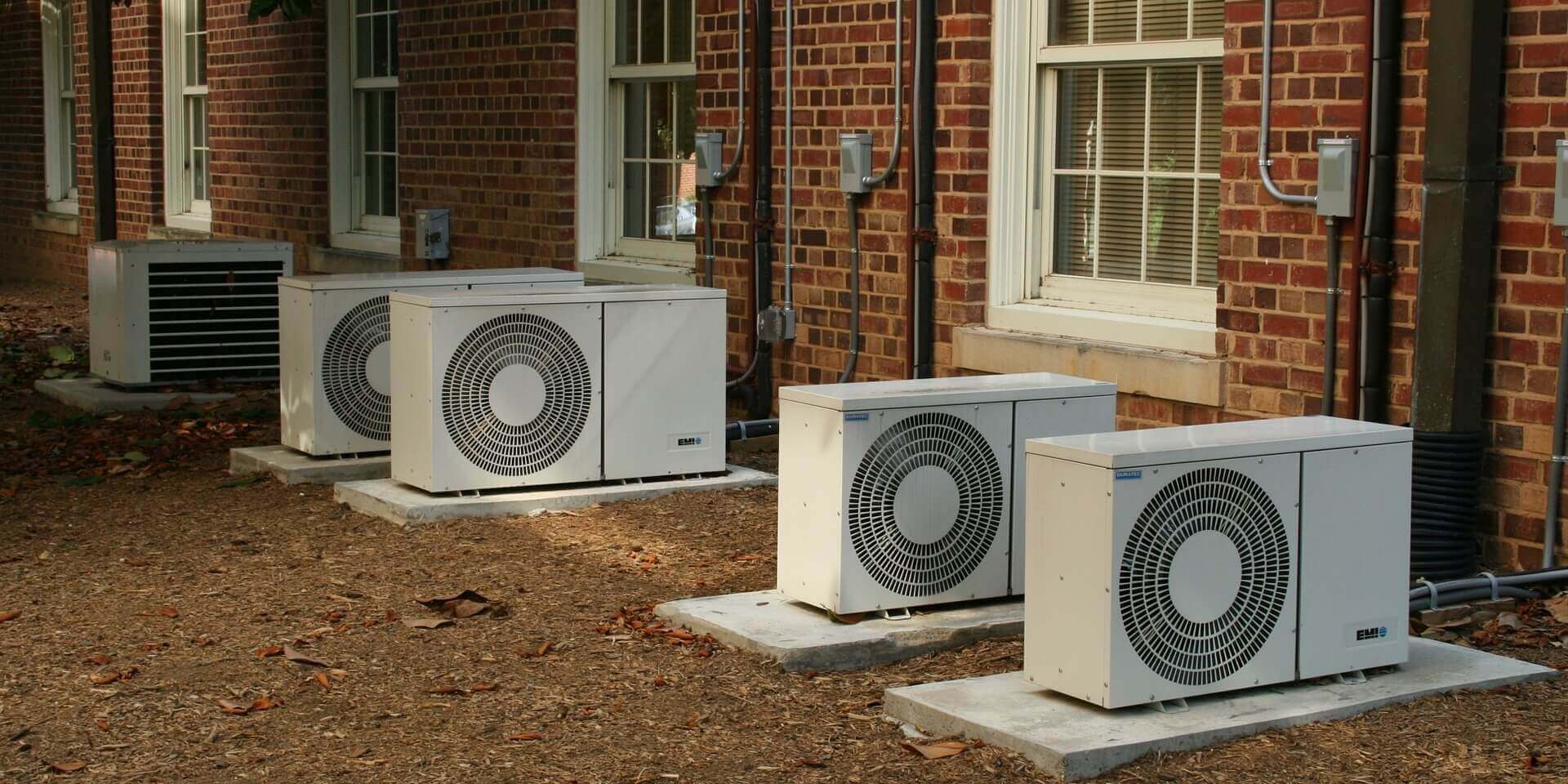It may be hidden in a kitchen cupboard minding its own business, but your natural-gas boiler gives out emissions that contribute to our rapidly changing climate. In fact, with the earth heating up like a pressure cooker we need to take drastic action. The UK has a target of reducing emissions to zero by 2050 so there really is not time to waste. So far, the government have been slow to confirm a strategy, but the announcement of a gas boiler ban in all new build properties, starting as early as 2025, will play a pivotal role in achieving the ambitious goal.
How will we heat our homes then I hear you ask? Well, it’s important to reiterate that it will only be new homes that are banned from installing gas and oil boilers, so for example, replacing the central heating system in your Georgian townhouse or 1930s semi will still be completely possible. However, new build properties will need to find a renewable alternative to fossil fuel heating.
What are the alternatives to gas central heating?
At present 84% of UK homes are heated by boilers which are fuelled by the natural gas grid with the rest being heated with oil, LPG (liquefied petroleum gas) or electric heating systems. When we burn natural gas, carbon (a greenhouse gas) is emitted which is contributing significantly to the planet’s rising temperature. To be in with a chance in reaching zero carbon emissions by 2050 we need to find alternative sources to replace these fossil fuels.
Hydrogen boilers: Replace natural gas in the grid with hydrogen
The Department for Business, Energy and Industrial Strategy (BEIS) has committed £90m of investment into renewable energy innovation and development with £70m of that fund allocated to hydrogen production.
Why hydrogen? It is the simplest element on earth, in fact it’s so clean, that once produced, it generates electrical power in a fuel cell, emitting only water vapour and warm air. However, hydrogen is an energy carrier (rather than an energy source) that can be used to store, move, and deliver energy produced from other sources. In other words, hydrogen doesn’t typically exist by itself in nature, it must be produced from compounds that contain it. Luckily, Hydrogen can be produced from diverse domestic resources like solar energy, wind and biomass that generate near-zero greenhouse gas emissions.
The plan for the £70m budget is to build two new hydrogen plants (one on the banks of the River Mersey and a second in Scotland) which will provide 200,000 homes with clean heating energy. The money will also be plunged into developing technology to harness offshore wind energy to power electrolysis in order to produce hydrogen).
Using hydrogen instead of natural gas would mean that we could keep much of the existing grid and instead of replacing all of the UK’s gas boilers with renewable heating (such as heat pumps), the gas they use could be replaced instead. Hydrogen could be gradually blended with the natural gas in the grid at a steadily increasing ratio until 100% hydrogen is reached.
One of the challenges of a hydrogen grid is that the process of producing hydrogen emits carbon, so it is essential that we find a sustainable production method and/or way of capturing the carbon before it enters the atmosphere.
Heat pumps
Until we are able to produce (and store) more hydrogen, supply will be limited. Therefore, the majority of new homes will likely to be warmed by heat pumps. Instead of generating heat, heat pumps simply move it! There are different types of heat pumps that either extract warmth from the air (air source heat pumps) or the ground (ground source heat pumps), or from water - a bit like a fridge operating in reverse.
Installing either an air source or ground source heat pump in a new build has many benefits. They offer greater levels of efficiency, low emissions, and result in cheaper energy bills for homeowners – all with no compromise to comfortable heating and hot water.
In summary, the 2025 boiler ban will initially only effect new build homeowners. The government have recognised hydrogen as an important source of clean energy for both heating and industry in the UK and have heavily invested in making this an alternative to natural gas boilers. Heat pumps are another very viable option for consideration. If you have any questions on heating your property, don’t hesitate to give us a call. Our team of plumbing, heating and electrical experts would love to chat.

